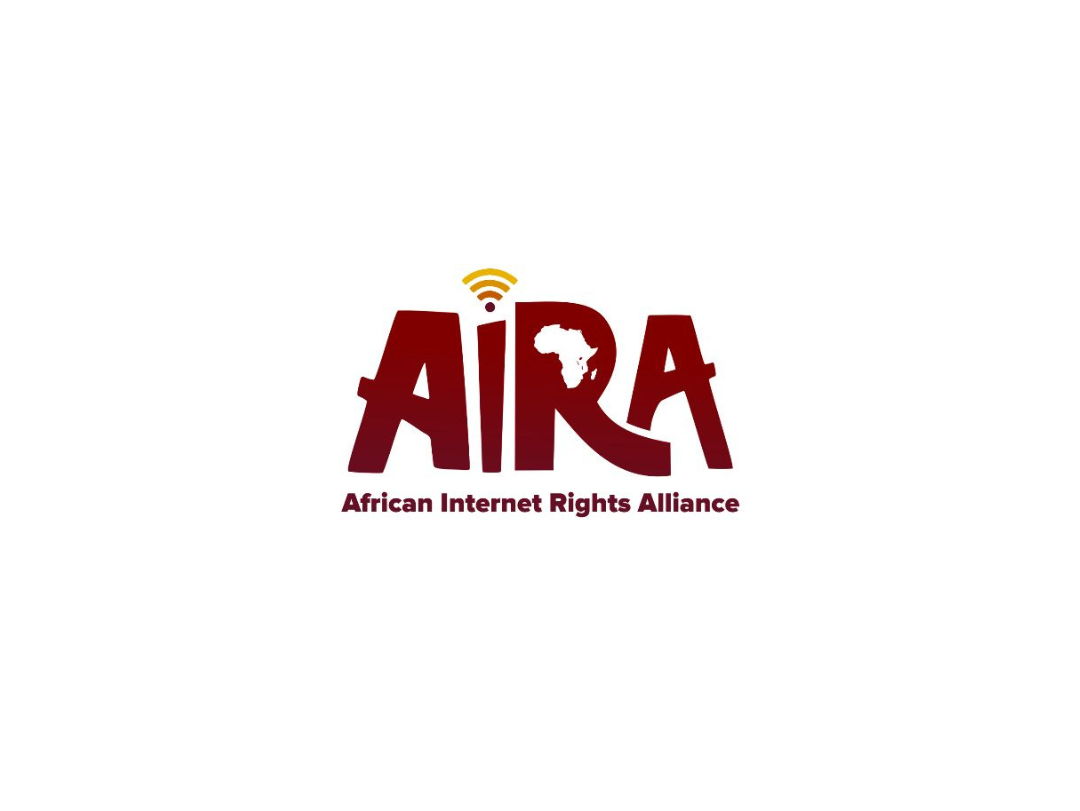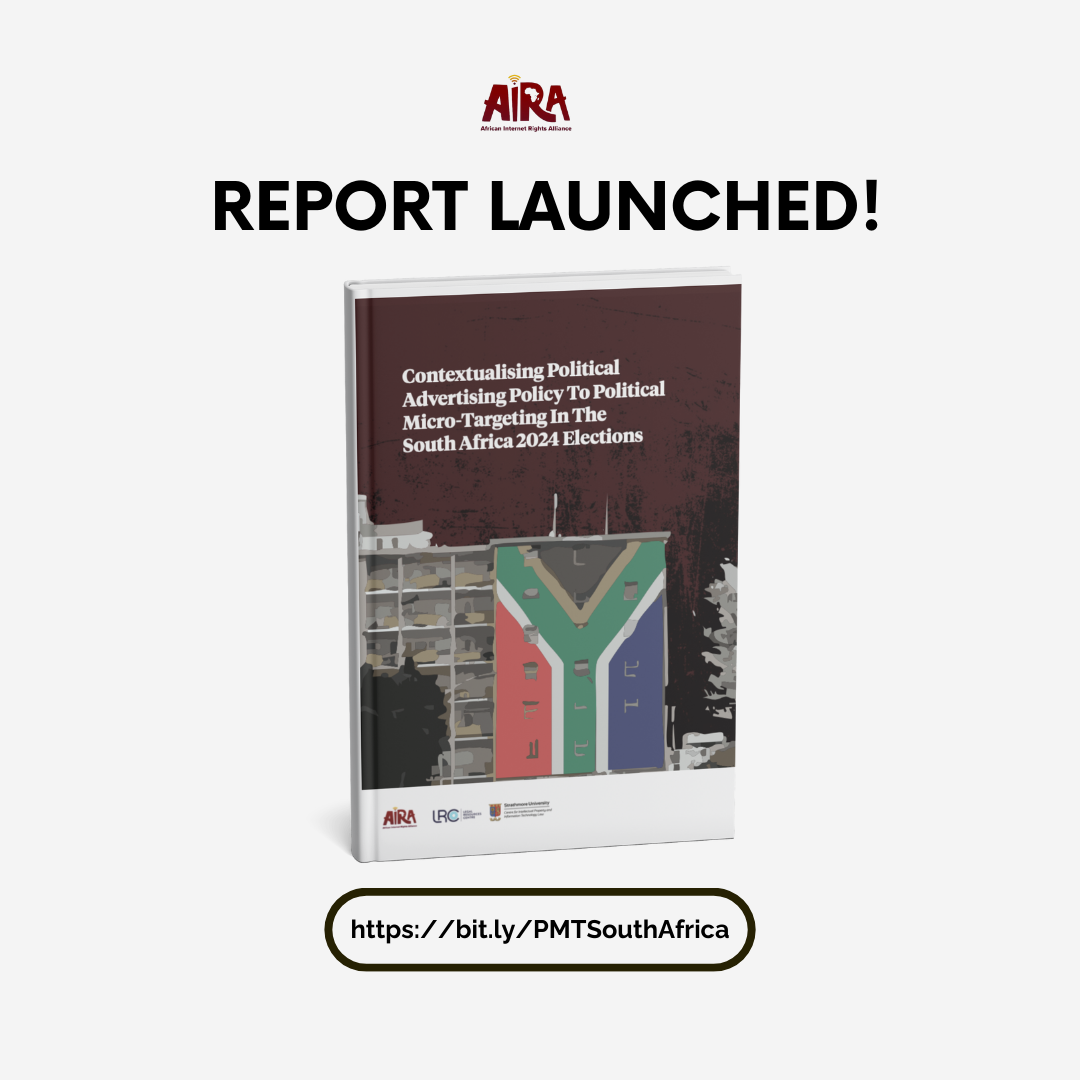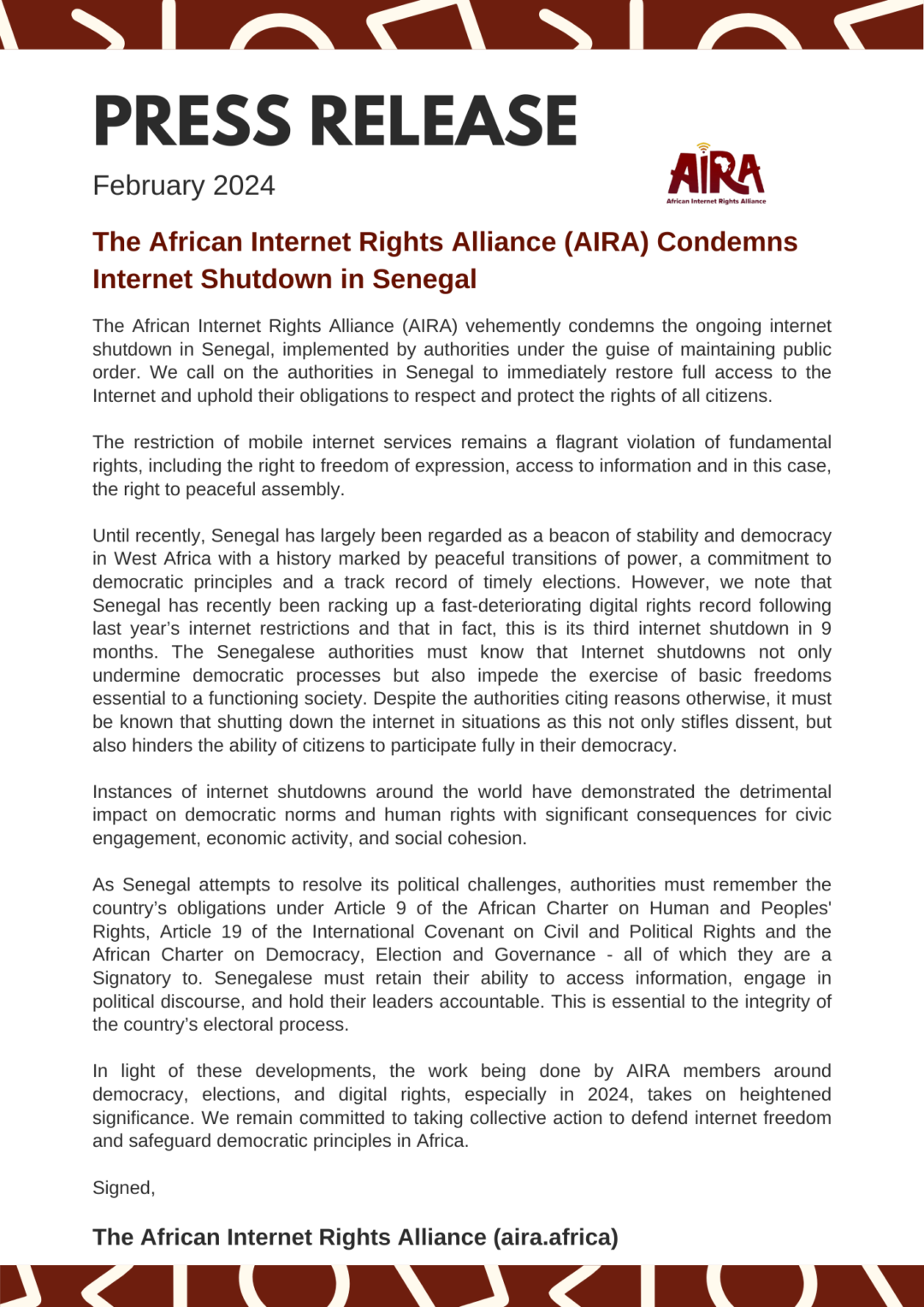The African Internet Rights Alliance (AIRA) is proud to announce the release of the Political Microtargeting Report, a comprehensive analysis of how digital campaigning is transforming electoral landscapes in South Africa. As the 2024 General Elections unfolded, they presented a unique opportunity to study the increasing role of data-driven political advertising. This report provides critical insights into microtargeting’s implications for voter privacy, electoral fairness, and democratic accountability.
Why This Report Matters:
Political microtargeting—the practice of tailoring campaign messages to specific voter groups using personal data—poses significant challenges. It raises concerns about privacy violations, manipulation of voter behaviour, and the erosion of democratic principles. In South Africa, these challenges are particularly relevant, given the increasing reliance on digital platforms like Facebook for election campaigns.
The Political Microtargeting Report examines the intersection of technology, governance, and democracy through both computational and legal analyses. It highlights the inadequacies of current legal frameworks and calls for reforms to safeguard voters and ensure transparency in digital political advertising.
Key Findings:
- Extent of Microtargeting:
- Approximately 18% of political ads in the 2024 elections were microtargeted.
- These ads, while fewer in number, achieved disproportionately high visibility, garnering an average of 284,627 impressions compared to 86,258 for non-microtargeted ads.
- Thematic Insights:
- Ads were categorized into four key themes: governance, regional politics, environmental issues, and political party campaigns.
- The targeting strategies disproportionately emphasized specific regions like Gauteng and Western Cape, while microtargeted campaigns increased visibility in provinces like Limpopo and Mpumalanga.
- Legal Gaps and Concerns:
- The report identifies shortcomings in South Africa’s Protection of Personal Information Act (POPIA) and Electoral Act, which fail to address the nuances of digital political advertising.
- Broad exceptions allow political parties to collect and use personal data without explicit consent, posing risks to voter privacy.
- Gender and Demographics:
- Gender biases were evident, with male-targeted impressions outpacing female-focused ads.
- The 25-34 age group emerged as the primary focus, reflecting its high engagement potential.
Recommendations:
To address these challenges, the report proposes a multi-pronged approach:
- Regulatory Reforms: Introduce clear legal provisions to enhance transparency and accountability in political advertising.
- Digital Literacy Programs: Empower voters to critically evaluate targeted online content.
- Platform Accountability: Advocate for greater oversight of digital platforms like Facebook and their role in shaping political narratives.
Looking Ahead:
The 2024 elections mark a turning point in South Africa’s democratic history, not only because of political shifts but also due to the critical role of digital campaigning. As microtargeting becomes increasingly prevalent, it is imperative to balance innovation with ethical practices to protect democratic values.
AIRA is committed to advancing these conversations and driving actionable change. Download the full report to explore the findings in greater detail and join us in advocating for a more transparent and equitable electoral process.
Read the Full Report: Contextualising Political Advertising Policy to Political Micro-Targeting in South Africa 2024 Elections
The African Internet Rights Alliance (AIRA) is a coalition of Africa-based civil society organizations dedicated to advancing digital rights across the continent. Comprised of leading authorities on internet freedom, AIRA engages in evidence-based advocacy at national, regional, and global levels. The alliance envisions an Africa where digital rights are upheld in all aspects of life, governance, and the economy, ensuring equity and prosperity for all



